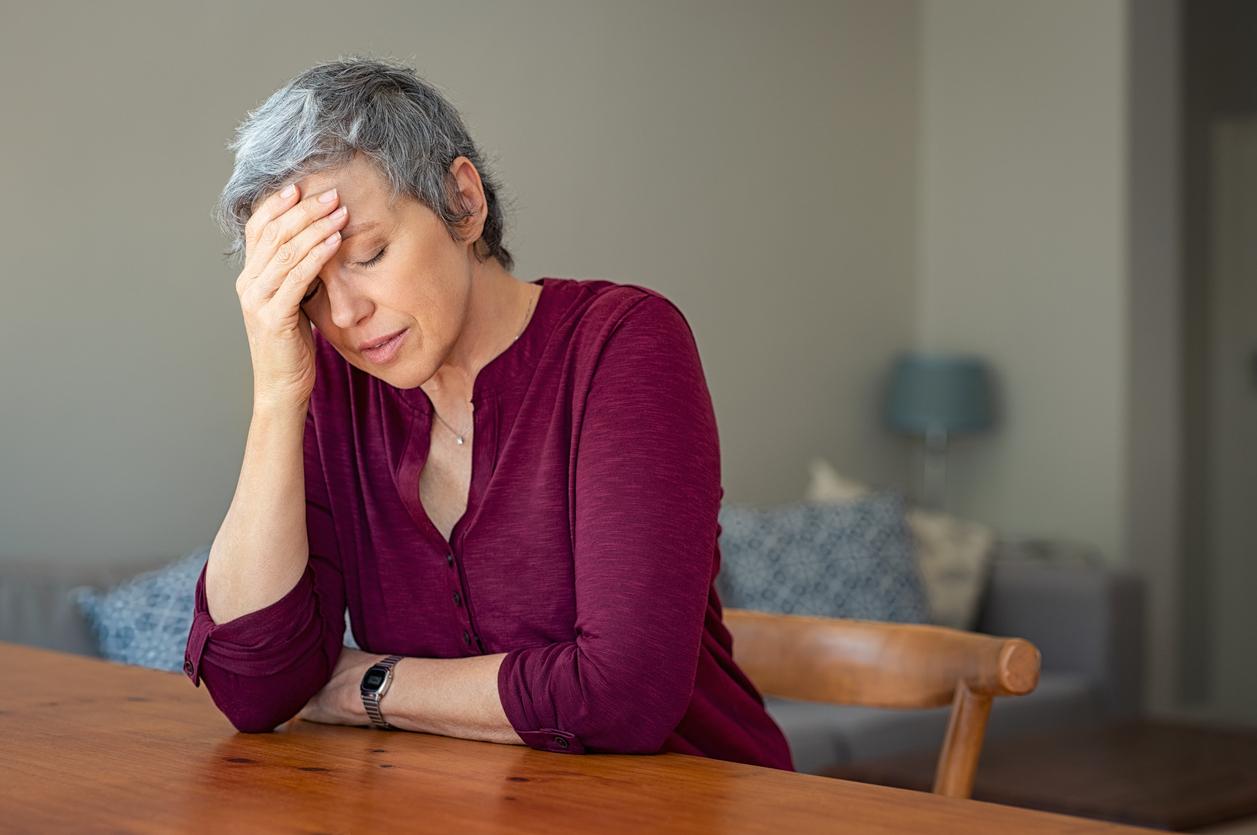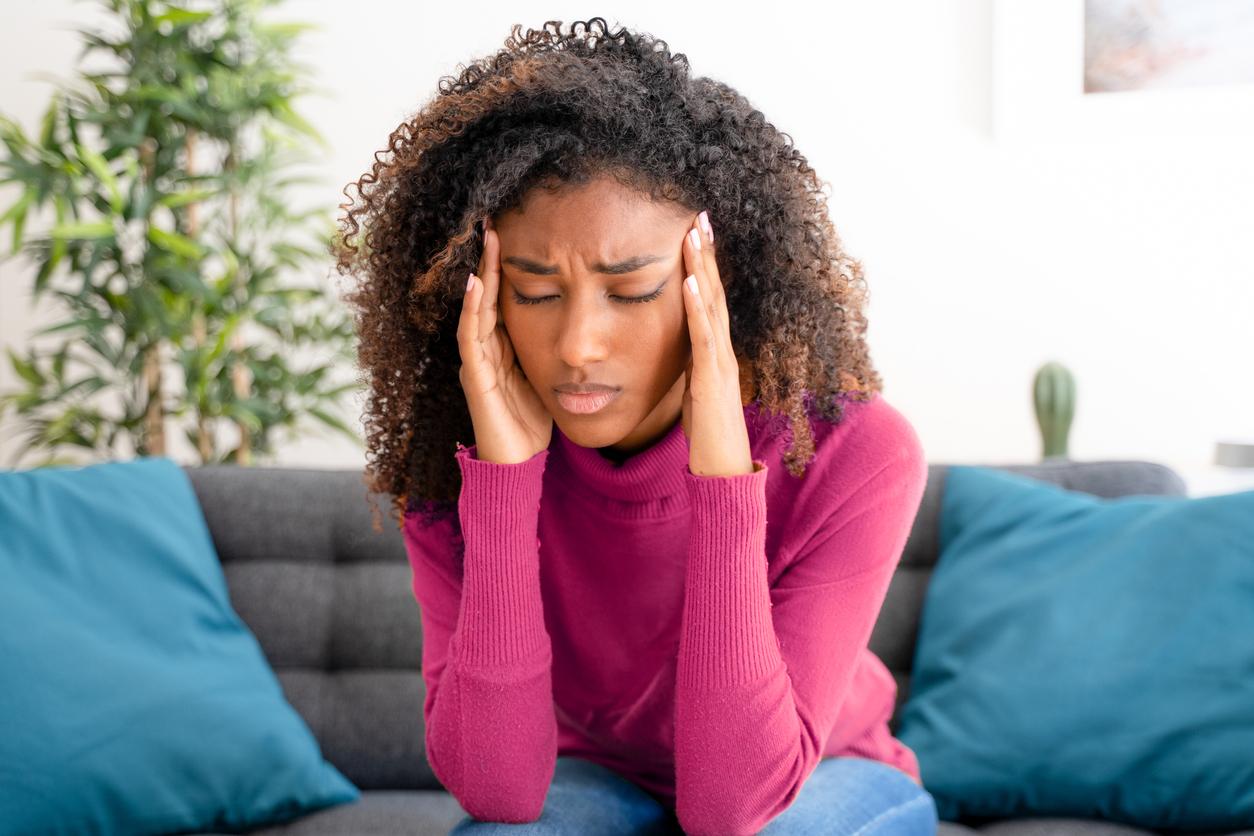
Menopause and Migraines
In the years leading up to the last menstrual period, the menopause, some women experience more headaches or migraines. After the menopause, headache complaints often decrease. How come and what can you do about such a pounding head?
If you are in the menopause, you may experience hot flashes, night sweats, increased blood loss and longer periods. These symptoms can lead to other complaints, including headaches. For example, hot flashes and heavy sweating when you are in bed can make you sleep less well, making you feel tired during the day and possibly more prone to headaches.
Try to deal with your insomnia if that is the cause of the headache. Once you have a headache, a painkiller such as paracetamol will help. Do not take painkillers too often or for too long in a row. Taking painkillers on a daily basis actually causes headaches, the so-called drug-dependent headaches.
More blood loss
If you lose a lot more blood during menstruation than before, anemia can develop. Due to the heavy blood loss, there are then too few red blood cells in the blood. As a result, less oxygen from your lungs ends up in the rest of the body, which leads to complaints such as dizziness, sweating, tinnitus, shortness of breath during exertion and headache.
If you lose a lot of blood, it is wise to eat extra foods that contain a lot of iron, vitamins B11 (folic acid) and B12. In addition, taking a contraceptive pill can reduce blood loss. It also helps against other menopausal symptoms. Taking the pill for a long time around the menopause is not recommended, however, because at this age the risk of cardiovascular disease and breast cancer increases.
Migraine
In addition to ‘normal’ headaches, you can also experience (more serious) migraines during the menopause. This is a severe form of headache that you usually feel throbbing on one side of the head. Migraines can be accompanied by nausea, vomiting and sensitivity to light and sound. Some people see glare, flashes, or ripples before the headache sets in.
Women with migraines tend to have more frequent headaches in the years before menopause. Others have their first migraine attack during this period. That’s because female hormones like estrogens can trigger a migraine attack. Many migraine sufferers have an attack just before their period, because the estrogen level is low. During pregnancy, estrogen levels are high and migraine attacks often disappear.
Fluctuating hormone levels
Hormone levels fluctuate during menopause, which can make migraine attacks more frequent and more intense. Some women experience fewer complaints during the menopause than before. After the menopause, the migraine decreases in a quarter of the women. In another quarter it gets worse, in the rest nothing changes.
Take rest as soon as you feel a migraine coming on and if necessary take medication for the nausea and headache. If you have one or more attacks every month, you can consider medication that helps prevent migraines. Ask your doctor for advice on this.
Sources):

















